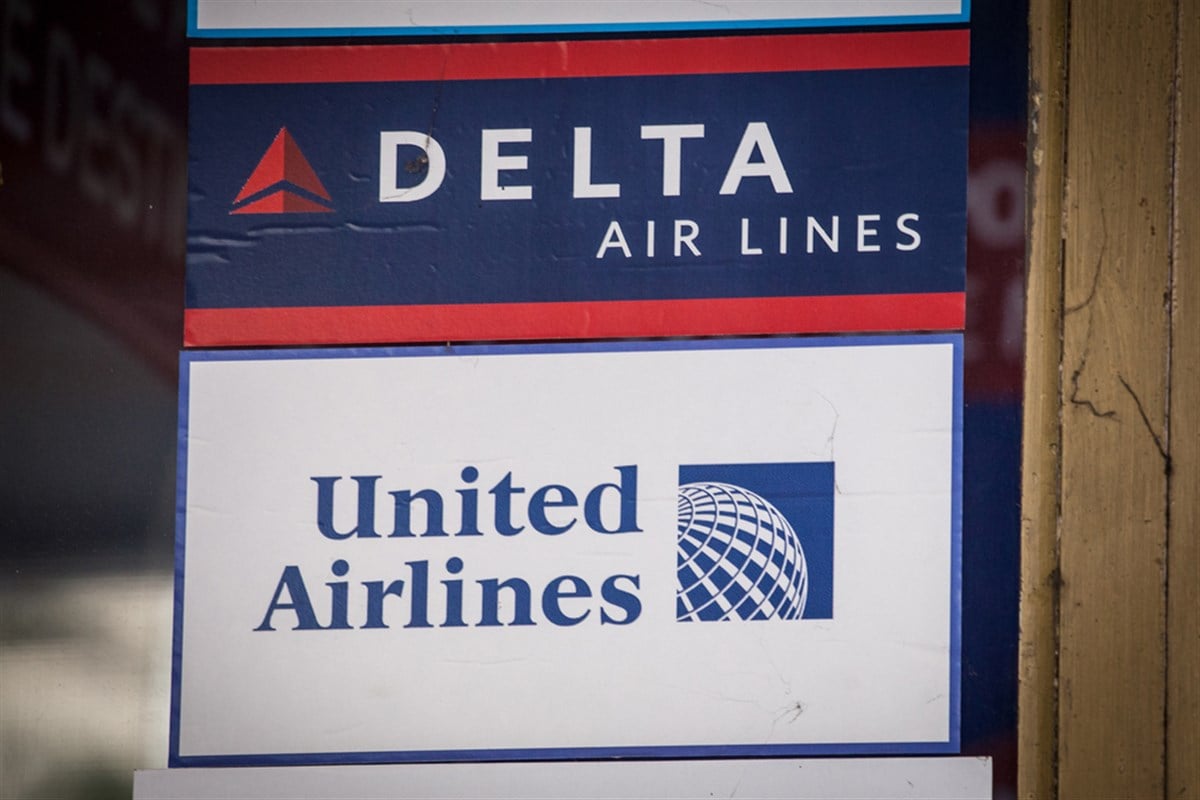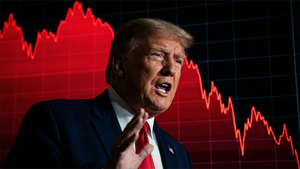
Today’s market seems to want nothing to do with stocks not involved with artificial intelligence, so anything outside the technology sector has been dismissed. However, where investors can make market-beating returns is where nobody else is willing to look, which happens to be in the airline industry today.
After being dormant for a few months, the U.S. consumer is attempting to make a comeback despite persistent inflation across the economy. While some investors may focus on other retail and consumer discretionary stocks, the way markets are headed could make travel spending all the more likely, and that’s where a few select operators come into play.
Stocks like Delta Air Lines Inc. (NYSE: DAL), United Airlines Holdings Inc. (NASDAQ: UAL), and especially Southwest Airlines Co. (NYSE: LUV) could quickly make it to the top of the list for retail and professional investors, here are some of the main reasons why this could be so.
The Right Economic Mix for Travel Plans
Despite recent higher inflation, consumers continue to spend on travel. As the summer travel season begins, consumer sentiment has jumped for the first time in four months.
The latest reading may be influenced by travel. The Transportation Security Administration (TSA) saw a record 2.9 million passengers in a single day, which is unexpected for worried consumers.
Oil prices have remained below their usual summer demand level, staying within a $75 to $85 a barrel range, and have yet to reach The Goldman Sachs Group Inc.’s $100 barrel prediction this year. This has made travel more affordable this season, and consumers, like the market, have anticipated interest rate cuts from the Federal Reserve to help finance their vacation plans.
However, not all airlines are performing equally in light of current oil prices. Here's a breakdown of how to navigate travel expenses based on these conditions and your portfolio needs.
For Price Action, Delta Has You Covered
Delta shares are trading at 92% of their 52-week high prices, giving them more bullish momentum than others on this list. United Airlines stock reached 87% of its 52-week high in second place, while Southwest tragically traded down to 64%.
There is a good reason behind this price action. Staying with Delta, it makes sense that the airline with the most international destinations served is the one calling for most of the market’s attention. With 185 global routes, Delta has an edge over United’s 139 international destinations.
As summer travel mainly comprises international destinations, low oil prices better serve Delta. Analysts at Morgan Stanley noticed this trend, assigning Delta an $85 valuation and daring the stock to rally by 72.4% from its current position.
United’s Margins Outpace International Competitors
United's financials will show investors a gross margin of 33.9% over the past 12 months, beating Delta’s 22%. Because United can reinvest more from each dollar in sales, its membership in the Star Alliance gives the airline a potential expansion path that Delta just can’t count on right now.
For this reason, investors may consider Delta to be a short-term international travel player. At the same time, United takes the spot as the one that could take over in the long term.
Despite having more routes and destinations, Delta only accounted for 17.3% of the market share. United was on its heels at 16%, and analysts noticed this. Those at Morgan Stanley shared their airline enthusiasm for a second time with United’s $80 price tag, reflecting an upside of 58.7% from today’s price.
Southwest’s Value Play is Undeniable
Southwest stock offers the most upside despite trading at a discount to its peers. Despite only serving U.S. domestic locations, the company does an excellent job focusing on its niche, or so its financials reflect.
Before the COVID-19 pandemic, the company generated return on equity (ROE) rates of 27% on average from 2015 to 2019. As the pandemic disrupted supply chains and travel patterns, management has had to battle shifting business dynamics, bringing the ROE down to 5%.
However, investors can find a deep value play here. Southwest has brought record revenue in the past 12 months, while net income is stuck at levels not seen since 2011.
Once the operating shifts are over and management has invested in newer processes to ensure future sustainability, these earnings could return to normal. Knowing this, Wall Street analysts project a 98.1% earnings per share (EPS) growth rate for Southwest, making its price today a deep value play any day.





